This episode features an interview with Jonathan Bean, CMO at Sinch, a global CPaaS platform powering nearly a trillion customer interactions across messaging, voice, and video each year.
Jonathan shares how Sinch is scaling pipeline by using AI SDRs to accelerate speed to lead and unlock efficiency across a 100+ person marketing organization. He talks about the shift from manual workflows to agentic AI, why execution power is no longer an excuse, and what it takes to build trust in AI-driven processes. Jonathan also gives his hot takes on the future of websites, the rise of LLM-powered discovery, and how traditional tactics like PR and events are making a comeback in the AI era.
Key Takeaways:
- Speed to lead is still king. Jonathan explains why pipeline growth depends on instant lead response and how Piper the AI SDR, became the equivalent of 13 reps.
- AI agents multiply execution power. From SDR automation to SEO briefs and competitor intelligence, Sinch uses agentic marketing to scale smarter, not just bigger.
- Change management matters. Rolling out AI across a large marketing team required balancing early adopters, skeptics, and data to prove impact.
- The future is LLM-first. Jonathan predicts the front end of the internet will fade, with marketers shifting focus from websites to knowledge bases, validation, and community.
Transcript
Sarah McConnell – Qualified
Okay, Jonathan, thank you so much for joining us on The Agentic Marketer, where we're taking a peek into today's leaders’ tech stacks and AI strategy to learn how you're using AI agents to hit your pipeline targets. Before we dive into anything though, Jonathan, I'd love to learn a little bit more about you and what you're doing at Sinch.
Jonathan Bean – Sinch
Hey Sarah, great to be with you today on The Agentic Marketer. Yeah, I'm the CMO of Sinch, founded back in 2008 with a mission to connect every business with every customer everywhere in the world. So essentially we're a global CPaaS platform doing digital customer communications across messaging, across voice, across video. Our infrastructure powers probably some of the world's largest companies and also some of the most innovative companies. So a few hundred thousand customers that we have right now, powering nearly a trillion customer interactions across all those channels every year. So I think Forbes described us once as the most successful company you've never heard of. So as CMO, my job is to change that perception.
Sarah McConnell – Qualified
I was going to say that's quite the line from Forbes, but not what you necessarily want to hear as a marketer. But also, you talked about—you guys sound like you're doing a ton of innovation and some amazing things over at Sinch. So talking about innovation and AI should be no new thing for you.
Jonathan Bean – Sinch
No, well, I think, yeah, it's an exciting time ahead, right? So it's always happy to talk about the next thing, but also, you know, we need to talk about the here and now as well, right? Because that's how we power through and learn day by day.
Sarah McConnell – Qualified
Totally. So the first question I want to ask you is—you know the show is called The Agentic Marketer. How do you define agentic marketing for yourself and your company?
Jonathan Bean – Sinch
Yeah, I think for me, when I look at the term agentic, I really look at—so what does it mean? You know, dictionary definition is all around, you know, what is an agent? Well, an agent is something or someone that does something for you. So for me, when I look at it, I look at the execution engine. I look at it as the ability to execute better, faster, smarter than anything else. Because it doesn't matter—you know, I've worked at startups where there is one person focusing on marketing, or now I have several hundred people in marketing at Sinch. And really you always lack resources, you always lack time, you always lack execution power. And my take is now with agentic marketing and getting technology and robots, however you want to describe it, to do things for you, that execution power shouldn't be an excuse anymore. If you've got the ideas, if you've got great product, if you really truly understand your ICPs, you should be able to go after it with a lot of power. And that's how I see—really agentic marketing is about the execution engine for me.
Sarah McConnell – Qualified
I love that. And you mentioned you've got a really large team, over a hundred people on your team. Where is agentic AI showing up the most within that team? Like what parts of your organization are you really starting to see agentic AI and value show up?
Jonathan Bean – Sinch
Yeah, well, in multiple areas. I mean, you know, I challenge all of the teams all over marketing—whether you're in demand gen, whether you're in product marketing, whether you're in brand, whether you're in field marketing—to really embrace the AI revolution. But if I look at it—where was the first area that it showed up? Well, thanks to Qualified, it was obviously in our SDR area. And looking at how we could really make our SDRs a lot more efficient and a lot more productive. So we brought it in in the SDR area and really sort of sitting down with you guys and thinking about how you envisage the next evolution of SDR. And this was before the whole generative AI thing popped into the ether. Then of course, how could we make those guys and girls more efficient and really ensure that they focused on the high-value activities, and how could we truly automate the experience for the customer—not from those dreadful first-generation bot experiences that really didn't deliver any value to anyone, but how could AI-driven really automate simple inbound tasks that people were wanting to have a quick answer to. So it showed up firstly in the SDR organization. Then I've seen it much more coming through into workflows—looking at content workflows, SEO briefs, keyword cluster analysis, that type of area. I see it a lot in competitor intelligence as well—effective competitor intelligence from a product marketing perspective. But then we've got further content initiatives going on, our own GPTs trained to tone of voice. And then of course we've got a whole bunch of localization—Sinch is in 64 different countries—using tools like DeepL and DeepPic, we do a lot of localization as well. So I would say it's pretty pervasive right across the organization, but it certainly started in the SDR area thanks to Qualified.
Sarah McConnell – Qualified
I love that. I want to dig in a little bit more—that's, you know, we obviously love hearing that that was one of the first AI agents that you brought into your organization. What was it in particular about the SDR organization and/or Piper that made you lean into an AI SDR as your first foray into agentic marketing?
Jonathan Bean – Sinch
So I think, as someone responsible for revenue in various different lifespans, I've always been really paranoid about the old word “speed to lead,” right? The speed to lead—in that old world of, you know, SaaStr 2015 or whatever—that speed to lead thing was really big. And I've always been paranoid. However many SDR resources you have, the paranoia is always: are they working the right lead? Are we giving them the right information? You know, we've always worked with organizations that—“I don't want to deal with Gmail addresses or personal addresses. I want business addresses of ICPs that are in this revenue segment or this particular vertical or this particular job title.” So I wanted—but we know that SDR organizations need to get through a lot of waste, however great your technology, particularly in the pre-AI world. And I think where I see those folks—and let's be clear, SDRs are some of the best talent we have in our organization. They are the future stars, the future AEs, the future VPs of the business. And so we want to be not putting that talent to waste, but really focusing that talent on the most high-impact things. And I think that's where my feeling was very much: we can do speed to lead, we can make sure that every lead is looked after, but those simple, repetitive inbound tasks really can be looked after in a much smarter way. And then we can engage our SDR folks on truly impactful activities. So that's really where I started thinking.
Sarah McConnell – Qualified
Yeah, absolutely. You said speed to lead—I laughed because I think when I joined Qualified five years ago, we wrote a book called Speed to Lead. And then when Piper came out about a year ago, we were like, man, we’ve got to rewrite this book because things have changed a lot. But it's funny how pervasive that speed to lead—no matter what era of marketing we're in—that speed to lead is never not a huge focus for marketing teams. So we love to hear that that's what you're using Piper to help with on your team. I'm curious: what's one unexpected thing that bringing on Piper unlocked for your team, whether it was your SDR team or just your marketing team in general?
Jonathan Bean – Sinch
I think it was just the possibilities. I mean, there's always this battle, right? I have folks in my organization that are super AI-first—they want to try every new thing. I have some folks that are a little bit more protective of their own, let's call it creative integrity, and “the AI is not going to replace us all, we still humans have it.” And then you have people—a lot of us are in the middle—that yes, you're going to have creativity and human touch, and you're going to have to mix that with really effective technology. But I think when you can start showing data and you can start actually telling the human stories based on that data to say, we've come to the conclusion that basically our AI SDR is worth around about 13 different SDRs. So one SDR now becomes 13 different SDRs. You do not need to invest in more and more headcount; you need to make sure that the headcount that you have is really creating that high-impact experience. So I think the one unexpected thing is you can quickly bring data to the table, and then it makes everyone feel comfortable. When they look at that SDR team that is thriving and saying, okay, well, they're doing a better job, a more effective job—the same thing can go for me in content or data analytics or product marketing or wherever you are in the marketing stack.
Sarah McConnell – Qualified
Absolutely. So I'm curious, when you were looking at—whether it be Piper or just, you know, earlier you mentioned all of the other AI agents or AI help that you're looking at within your organization—who needed convincing internally when you were bringing on AI agents? Was it you that needed convincing? Did someone on your team bring this idea to you, or was your team just initially on board automatically? I'm curious what that internal approval process looked like.
Jonathan Bean – Sinch
Yeah, there wasn't much of an internal approval process because—that's the nice thing about being CMO, right? I don't have to. I think the thing about being CMO is you're constantly—your job is effective resource allocation, essentially. I have awesome teams in brand, in product marketing, in field marketing, in demand gen, right? My main paranoia is: am I allocating resources in the correct way to the correct products, regions, markets, motions, and things like that? And so that was really what I needed to do to ensure that I took on technology and I really embraced it. It was the same when marketing automation came into the fold in the 2010s, so to speak. It was the same thing then.
Sarah McConnell – Qualified
Perfect. And is there anything within your marketing team that you had to sunset to make room for an agent, or was this an addition—you were just making room on the team for this because you knew it was something that you needed for that efficiency gain?
Jonathan Bean – Sinch
I think I'm always looking for efficiencies, right? So I say to teams, if you want to bring something on new, you're going to need to sunset something else. So a lot of it was probably in different agency spend that we had across the piece, or it was in other martech pieces that we had, right? I'm a great believer in martech experimentation, but the downside of that is you end up with a bloated marketing stack with a dream that you bought from some really awesome AE and some company, and it's not quite fulfilling that dream. And then you're stuck there as a CMO and you're having a list of who last used that tool and what is it costing us and stuff like that. There definitely has been a lot of rationalization of different martech tools, but I can't pinpoint one that disappeared.
Sarah McConnell – Qualified
Yeah, that makes sense. And one other question I want to dig into a little bit more about Piper and bringing on an AI agent is: what metrics are you currently watching to make sure that it's working? You want to know that your AI agents are successful—what particular metrics are you keeping an eye on?
Jonathan Bean – Sinch
Yeah, yeah. So I'm always looking at demo requests, meeting acceptance, time to meeting—you know, it's the deal velocity metrics that I'm actually looking at. Are we actually speeding those up? And are we getting higher conversion rates in that? So that's kind of the key metrics that I'm looking at. Number of demos, number of meetings that are set, acceptance rates as well, right? Because as we all know in the SDR game, you can get a whole bunch of demos and meetings, but they aren't particularly the best quality in the world. And I think it shows up in the conversion rates—so that meeting-to-opportunity or that demo-to-opportunity conversion rate. If you've got it running well and you're training it well, that is going up significantly. So that's a key one for me.
Sarah McConnell – Qualified
That makes sense. I would love to—I'm going to say “zoom out,” which is probably the most B2B buzzword I could use, but here we are—and just look at AI as a whole and where we're going as organizations in this era of AI. So the first question I want to ask that's a little bit more out there is: I would love to hear from you a hot take you have about AI and marketing that you think most marketers might not agree with, or most marketers are getting wrong right now.
Jonathan Bean – Sinch
I don't know if people are getting that much wrong. I think we're all exploring, right? I think the take—if I take it to the radical level—I kind of think that the front end of the internet is going away. So I think that is the take that I—You know, I can't tell you how many website projects I've worked on over the years or website refreshes or things like that. And the key thing that keeps hitting me is: is the front end of the internet going away? Are websites going away? And are we really just about creating knowledge bases for LLMs to be discovering it? So I think all of that work that we've done on websites and web presence—you hear now of companies and peers that have dark websites that are just feeding LLMs. So how is that going to play out? I'm not quite sure.
How are we going from this kind of SEO-powered organic world into a geo-LLM world? What offsite tactics are important? How important is community and what community tactics are important there? How important is third-party validation and what is third-party validation today? So I think that's, you know—for me, front end of the internet, what the hell is going to happen to that? That is a key unknown. And then I think the question is also: is this explosion of technology also going to bring back an explosion of—let's call them—traditional tactics? So the traditional earned PR art of getting your content into really credible third-party sources—is that going to see a resurgence? Events, people, connection, right? As we all turn into dealing with agents, how important is that personal connection at events going to be? I think it's going to be quite important, actually, because however good we get with agents, we're still going to want to have that connection with our buyers and with our prospects. So I think that's—that would be my take, yeah.
Sarah McConnell – Qualified
It's so interesting you say that. I've always joked—I feel like marketing is so cyclical, and as soon as something goes out of trend, then it comes back a little while later. And the most recent one I've noticed is billboards, like out of home. I remember two or three years ago, if I went to my CEO and asked for money for a billboard, they would have laughed at me. And now we see billboards all over—I’m in the Bay Area and there's just a resurgence of billboards. So it's interesting to hear you say that with AI, are we going to come back? Is it going to cycle back around to some of these more traditional tactics? Because I totally agree with you. I think PR is going to become increasingly more important. And as marketers, we're going to have to go back to some of these tactics we might have thought were no longer necessary.
Jonathan Bean – Sinch
Yeah, and I think it's also—it's like vintage clothes, right? It's like vintage stores. You go in there and you go, my God, that is amazing. Why did we ever lose that? So I think that's the—yeah, it's the “what is the vintage store of the B2B marketing world?”
Sarah McConnell – Qualified
Totally. Now, earlier in this episode, you talked a little bit about some of the compelling use cases that you're looking at for AI agents. I'm curious though, what do you hope to see more of soon? Like what use cases are you hoping to see come out of AI agents within the next year plus?
Jonathan Bean – Sinch
Yeah, I think—so the thing that first sold me on AI—2023 it was—was actually much more strategic in nature. So I had called a global offsite for the team. I had people flying in. We were doing it in Chicago. And the objective for that offsite was really around the different thought leadership themes that we were going to rally around for the year. And so we had a great offsite. We came up with some great thought leadership, but on the way home, I actually sat at O'Hare at the airport and I was just asking a very early version of ChatGPT back in those days, “What would you do if you're in my position, same company, da da.” It came up with pretty much exactly what we discussed over the last three days and was just as efficient back then in 2023, right? And so I think the impact that's coming up right now is strategic, actually. I talked a lot about the execution engine and how I see agentic being my execution engine, but it's also my partner. It's also my strategic partner. We're deeply partnered with Google, so we have AgentSpace rolled out across Sinch. I have a budget agent—budget and resource allocation agent. I have a strategy development agent that is learning, that is exposed to all the different data sources that we have. And so I think the importance of AI in strategic development is going to become more and more important as we go forward, as well as all these automation and execution engines. And then I think what's going to happen is, at the moment, they're these very separate use cases, right? So there is the SDR use case, there is the content workflows use case, there's the SEA use cases. I think a lot of them are going to get joined up. As the agents become more intelligent, they'll be able to talk to each other and we're going to have more joined-up experiences. And I'm looking forward to that.
Sarah McConnell – Qualified
Yeah, that sounds amazing. To wrap things up, I'd love to do a lightning round. So quick questions, quick answers, just to get some hot takes from you. First one: other than ChatGPT—which you kind of mentioned you used very early days—what was one of the first AI tools that you experimented with?
Jonathan Bean – Sinch
Yeah, I think I'm a big fan of Lovable and, you know, I've often—if you sit there on your CMO couch, you kind of sit there and you say to your teams, “Hey, I want to see a new—whether it's, I don't know, social media dashboard, or it's a new newsroom, or it's a new analytics something.” And it's very easy to just sit there and do it, and then you ask the teams to go away and do it. But what I love with Lovable is you can go in there and you can prototype yourself. And before saying to your team, “I'd love to do something like this,” I often play around in Lovable and ask the team, “Hey, here's a prototype, go and see if you can kind of make that happen.” So I like the Lovable or Replit or the vibe coding tools. As I said, I have different agents as well from a GPT perspective. And then I think there's a lot—you know, there's a tool called AirOps our content SEO teams are working with. I think experimenting with that is pretty cool as well.
Sarah McConnell – Qualified
That all sounds amazing. I joked—I was gone for about four months of maternity leave and I came back and Lovable and vibe coding had suddenly exploded, and I was like, I really need to learn how to do this. This wasn't even a thing I feel like when I went out. So hearing you say that you're using Lovable to make prototypes is my reminder that I need to get in there and start figuring out what it is and start using it in my own day to day. So that was a good reminder. Okay, Jonathan, what would you say is your most overrated buzzword in martech right now?
Jonathan Bean – Sinch
Agentic. I think it probably is. I think we're all working out what it's going to mean to us. I think it's super exciting, right? I'm old enough and ugly enough to have gone through search—when search first came on—how search changed marketing and go to market and businesses and business models, to be frank. And then I went through the social revolution when social came on and we had to adapt to social and that. This is—I think—the AI revolution is probably ten times that or infinitely more important, but it's exciting. I mean, I think you can look at it in one of two ways—either terrifying, it's going to threaten everyone's job and everyone's going to be an agent—or actually, if you're a great marketer, usually you are great at storytelling or you're great at data, right? That right brain/left brain thing. Those skills are still going to be very much needed in B2B marketing going forward. But this revolution is just going to give us superpowers and make us even more important. And I think what it does as well is different organizations see marketing very differently, right? It's either a powerhouse of the organization empowering your go-to-market and highly respected, or it's the demand generation function that never works. And I think if you truly embrace agentic marketing and the AI revolution in marketing, you are going to be an extremely important player at the table in your C-suite and for your company. And I think that's what all marketers should look forward to.
Sarah McConnell – Qualified
Amazing. Next question: a marketer that people should be following who you think is ahead of the curve on AI—besides you, obviously.
Jonathan Bean – Sinch
No, I mean—so I love Alina Werner over at Lovable. I read her Substack, it's great. That's—yeah, Alina's always one that I'm following, her take on things.
Sarah McConnell – Qualified
I second that. Alina's content is great and she always has a little bit of humor to her content throughout the week. So she is one of my favorite accounts to follow. So I second that—go follow her. And then last question for you: if you could automate one part of your life outside of work with AI, what would it be?
Jonathan Bean – Sinch
So I have three kids and a dog, as I've already shared with you guys. So weekends get kind of busy, right? With different sports tournaments and answering to things and stuff like that. So, you know, as ever, I try to be the best marketer, but I also try and be the best dad. I try and be the best partner. I try and be the best dog owner. And, you know, occasionally I fail at all three or four of those things. So if I could have an agentic experience or a partner to actually fix those things—I am playing and I am toying with creating agents for some of this stuff, actually. So what sports competition does kid number one or kid number two need to be at? What are the distances between these different things? And it'd be quite cool to look at, you know, where would my kid actually most likely have a win, right? Not because I want to go and visit the team where my kid is likely to win necessarily. Maybe that's a bit selfish, but, you know, that's about optimizing time. Yeah, if you can—you can—I'm already working on that agent to get all the sports admin tools together, but I'm not quite there. So if you come across one, give me a shout, yeah.
Sarah McConnell – Qualified
Well, Jonathan, thank you so much for joining us on The Agentic Marketer. It was so great chatting with you. I loved all of your takes. So thank you so much for joining us on the show.
Jonathan Bean – Sinch
Thanks, Sarah, great to be with you.


.avif)



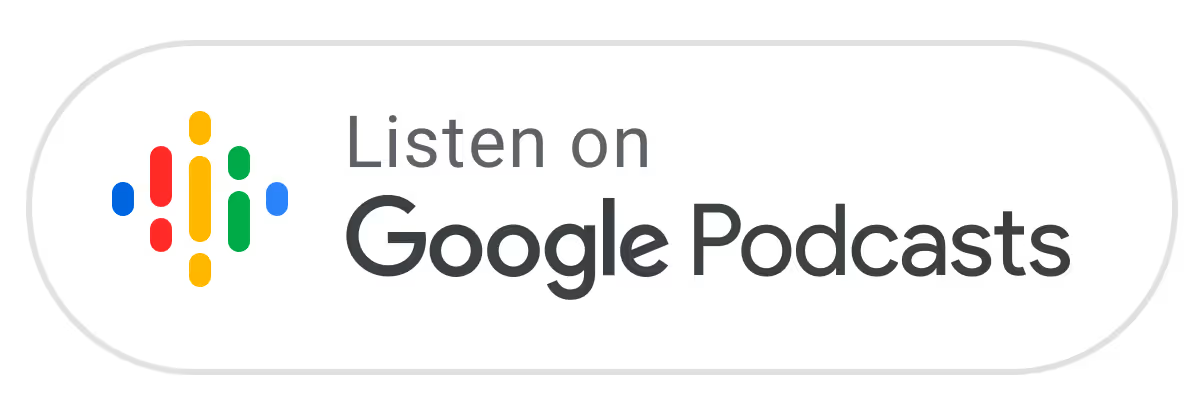
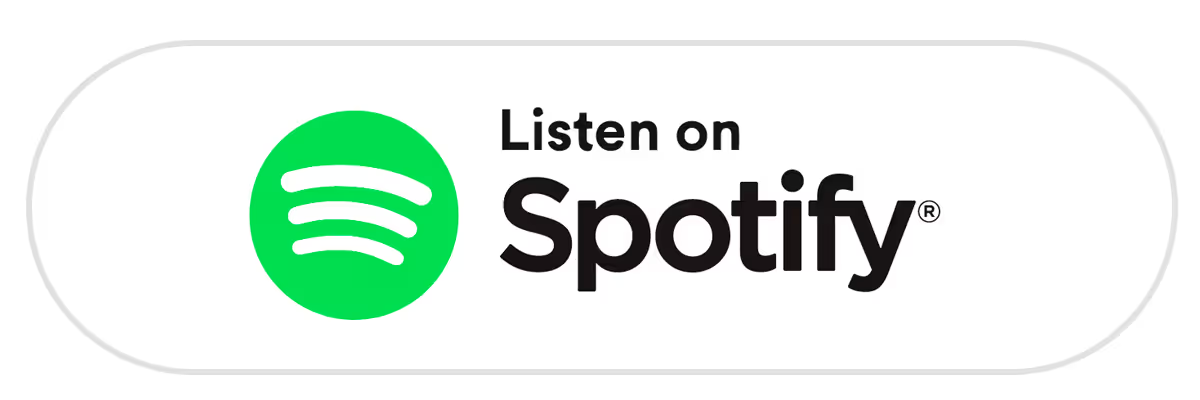

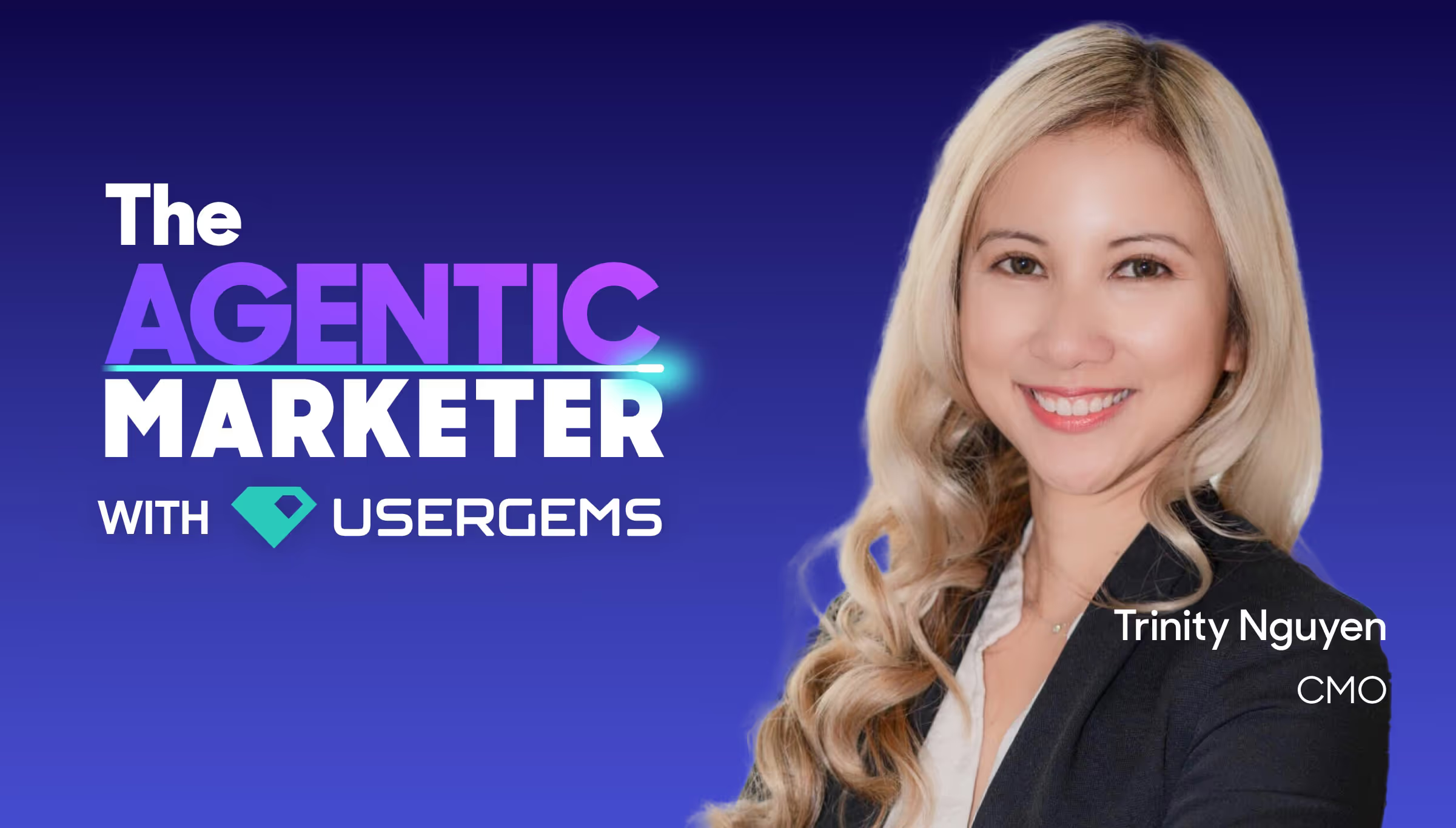
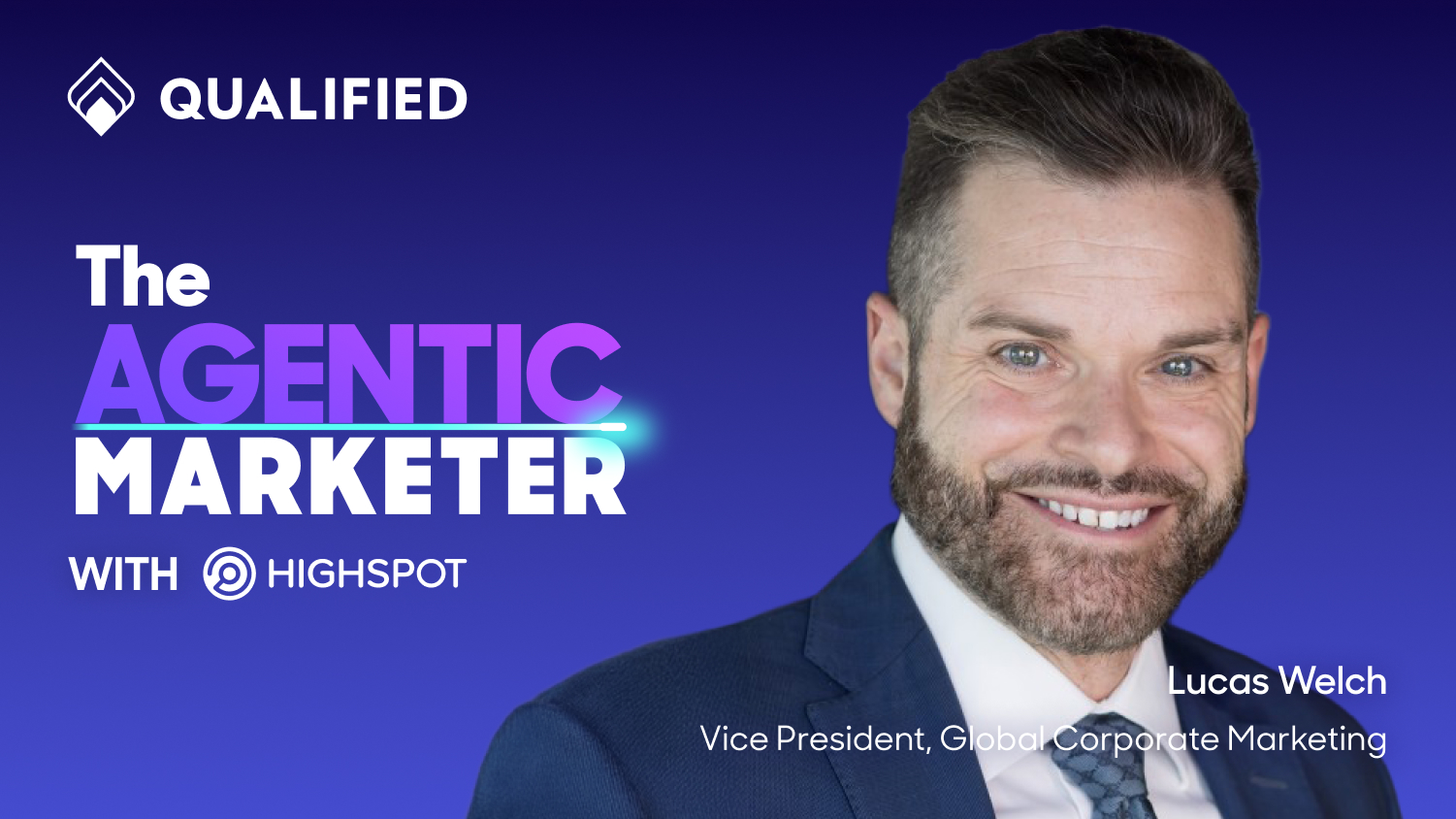
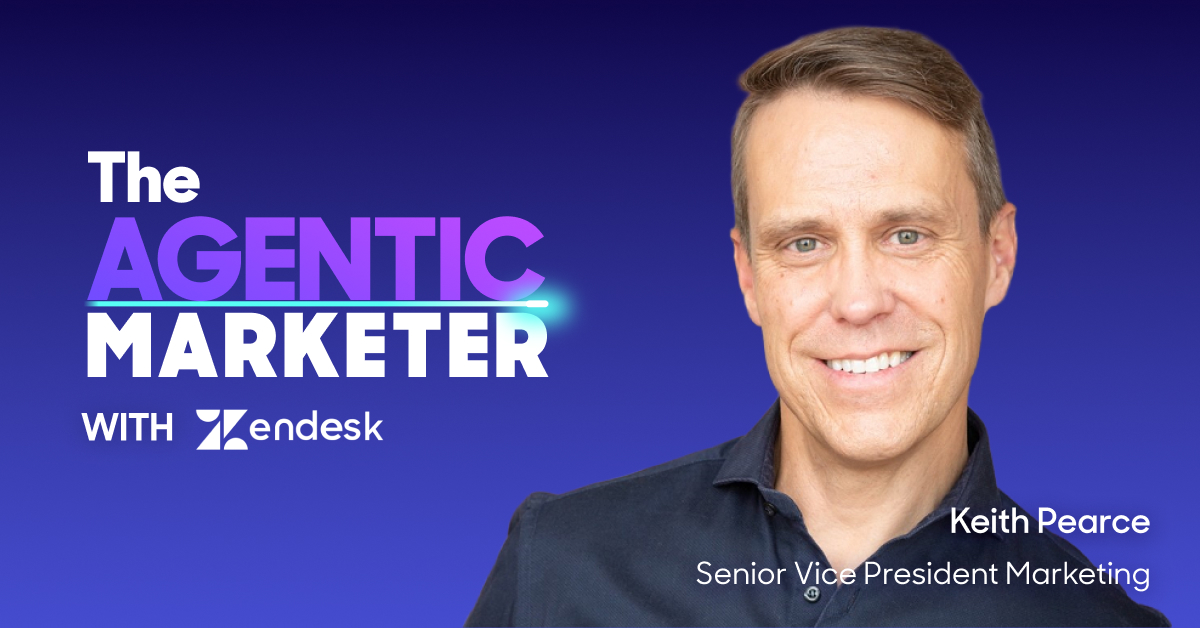
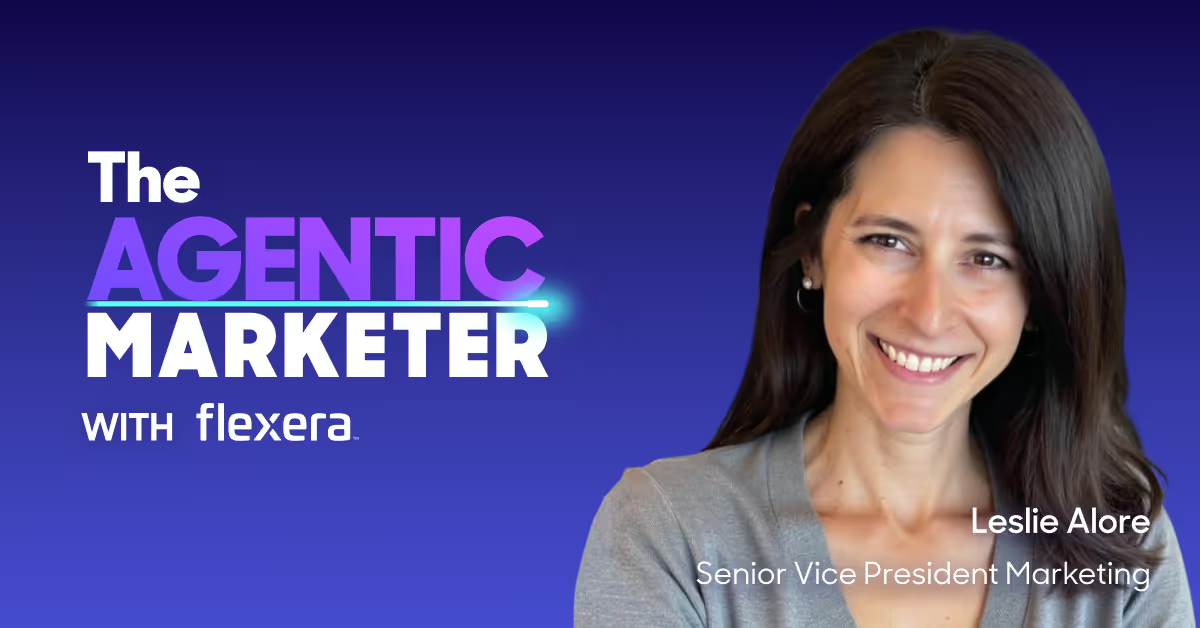
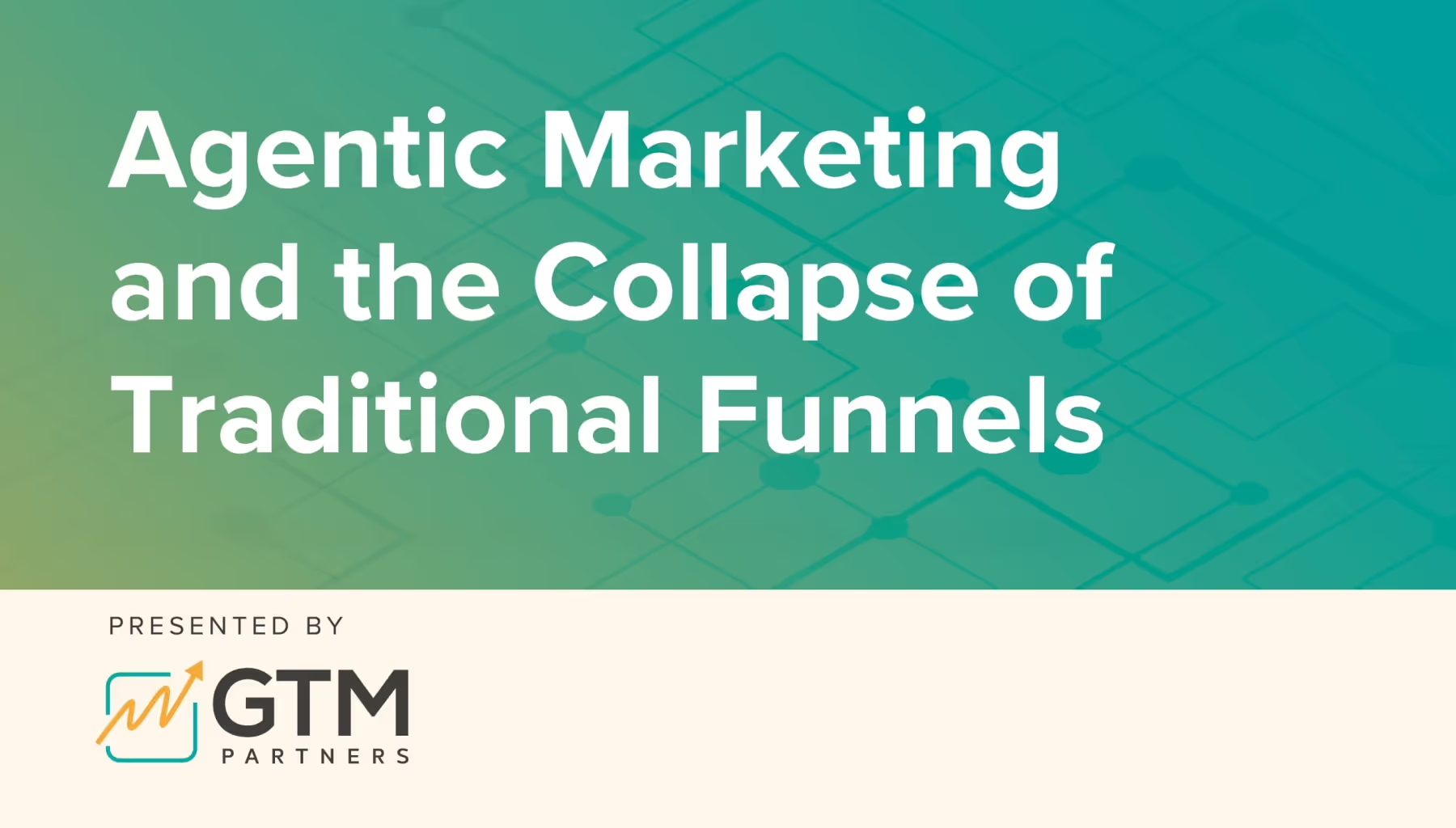






.svg)


